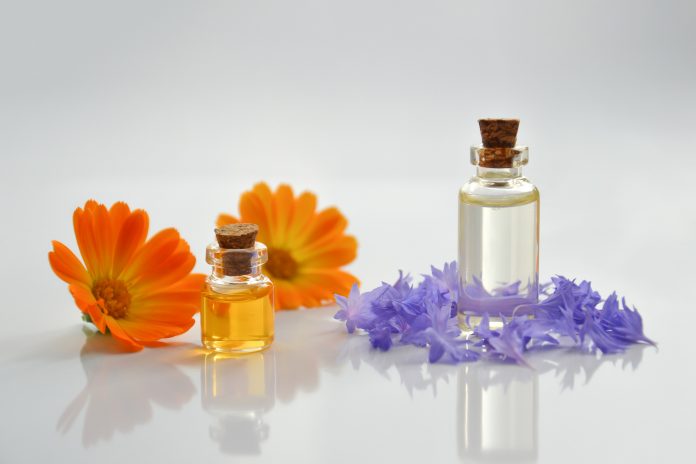
Aromatherapy is one of the best ways to unwind, whether through burning oils to accompany meditation, or using them in a wonderful massage. However, we have to be cautious with using essential oils since the incorrect amount or the wrong mix can bring about some significant side effects.
Essential oils
They are highly concentrated fluids used in aromatherapy which may be harmful if not used carefully. However, including massage and aromatherapy in the way you live should not actually cause undue paranoia or stress. The important point to remember is to always treat essential oils as drugs. Follow the advice provided below as well so that you can be on your way to calmly and safely enjoying the many benefits that aromatherapy offers.
The safety guidelines that you’re going to read aren’t a comprehensive reference for the appropriate use of essential aromatherapy oils. Use common sense; when in doubt regarding the oils used on you, always consult with a trained aromatherapy practitioner or a doctor.
Guideline
- Essential oils are flammable. When lighting a burner to heat scented oils, don’t leave the room unless the fire is put out. Always maintain your leftovers at a safe distance from curtains, paper and alcoholic substances.
- Do not use undiluted essential oils directly on the skin. Some oils have been exempted from this; however, only use undiluted oils when you have attained a substantial education and adequate experience with them. Lavender and tea tree oils have been mentioned by a high number of aromatherapy professionals as being oils which may be safely used undiluted however this should only be done quite rarely as some people can be seriously sensitive. So to be safe, the guideline is to avoid use any undiluted essential oil.
- Not all essential oils may be used for aromatherapy. Herbal oils out of bitter almond, camphor, pennyroyal, onion, wintergreen, horseradish and sassafras are a few that should only be used by especially qualified aromatherapy practitioners. Even most practitioners don’t use them.
- With oils, less IS More. Follow directions at home kits. Usually, the smallest quantity of essential oils needed will find the job done. If the tag says use just a drop, by way of instance, don’t use more.
- Children should not use essential oils without the existence of an adult who’s knowledgeable in their use. Children are often attracted to essential oils due to their wonderful smells. Some oils smell like food (such as vanilla) and citrus oils may smell like something safe to drink. Always keep essential oils away from the reach or children. Again, remember to deal with these oils like medicines which are toxin in ignorant hands.
- If you’re pregnant, or suspect you are, it’s safer to steer clear of essential oils. Asthma sufferers, in addition to epileptics, shouldn’t use essential oils. People with other health ailments, like allergies, should also consult a doctor because some vital oils can lead to sensitization or severe allergic reactions. If you’re using a new oil for first time, do a skin patch on a small area of skin, such as the inner arm. Apply a small amount of the diluted essential oil (again, never use essential oils undiluted on the skin) on the inner arm and then apply a bandage on it. Wait 24 hours and check whether there’s any kind of skin reaction. Even if a common essential oil isn’t known to cause skin irritation, this measure shouldn’t be overlooked. An oil might not irritate you, but it might still irritate somebody else. It’s important that you keep that difference in mind.
- Essential oils shouldn’t be consumed or ingested. Essential oils should only be taken internally in the event that you have received a comprehensive consultation and a prescription from a trained and qualified aromatherapy practitioner with the knowledge of your doctor.





